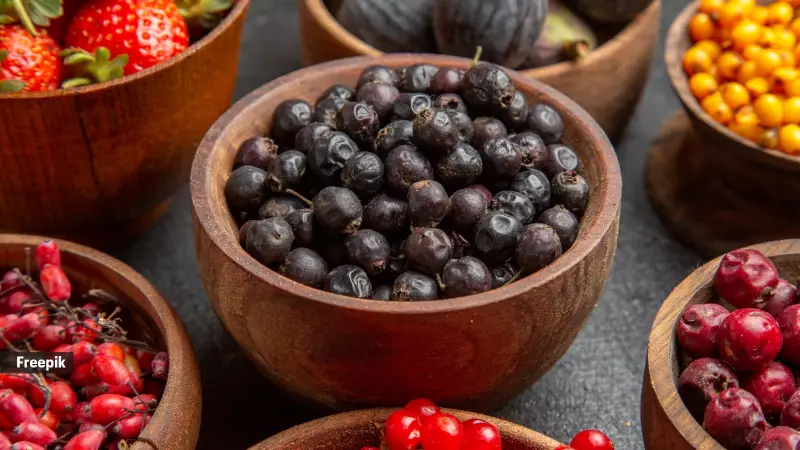
In a significant move concerning food safety, Australia's national regulator has announced a temporary suspension on the use of a common pesticide found on popular berries. This decision directly impacts blueberries, raspberries, and blackberries, putting a spotlight on the chemical dimethoate and raising questions for consumers worldwide, including in India.
Why Has Australia Taken This Step?
The Australian Pesticides and Veterinary Medicines Authority (APVMA) enacted a year-long suspension on dimethoate use on November 15, 2025. Crucially, this action was not triggered by new findings about the pesticide's inherent toxicity. Instead, the suspension is a direct response to a dramatic surge in berry consumption.
Australians are now eating 285% to 962% more berries than when the pesticide was last assessed in 2017. This substantial increase in dietary intake means that potential exposure to pesticide residues has also risen, particularly for vulnerable groups.
Understanding the Risk: What is Dimethoate?
Dimethoate is an insecticide that has been in use since 1956. It functions by targeting the nervous systems of insects. Specifically, it inhibits an enzyme called acetylcholinesterase, which is essential for breaking down a key chemical messenger. This leads to paralysis and death in pests.
However, mammals, including humans, also rely on this same enzyme. This means that exposure to high levels of dimethoate can be harmful. For this reason, its application and the residue levels permitted on food are tightly controlled by regulators to ensure public safety.
How Much Exposure is Considered Dangerous?
The APVMA has set a strict safety threshold known as the acute reference dose (ARfD) for dimethoate. This limit is set at 0.02 milligrams per kilogram of body weight. Importantly, this maximum allowable dose includes a substantial safety buffer—it is ten times lower than the lowest dose known to have no observable effect.
This Australian standard, established in 2017, aligns with World Health Organization limits and is even more stringent than regulations in the United States. The primary concern now is that with children aged two to six years eating more berries, their potential exposure from trace residues could approach or exceed this carefully calculated safety limit.
Should You Stop Eating Berries? Absolutely Not.
Both health experts and the APVMA itself strongly emphasize that the risk of serious harm is low. The regulator has described its action as a "precautionary measure." Berries remain a vital component of a healthy, balanced diet, packed with essential vitamins, minerals, and antioxidants.
The most effective and simple step consumers can take is to thoroughly wash all berries before consumption. While washing may not remove all pesticide residues, it significantly reduces their levels. This practice also helps eliminate soil and potentially harmful microorganisms, making it a crucial food safety habit for all fruits and vegetables.
In conclusion, while the regulatory action in Australia highlights the importance of ongoing food safety monitoring, it does not mean berries are unsafe. By taking simple preparatory steps, families in India and around the world can continue to safely enjoy the numerous health benefits these fruits offer.





